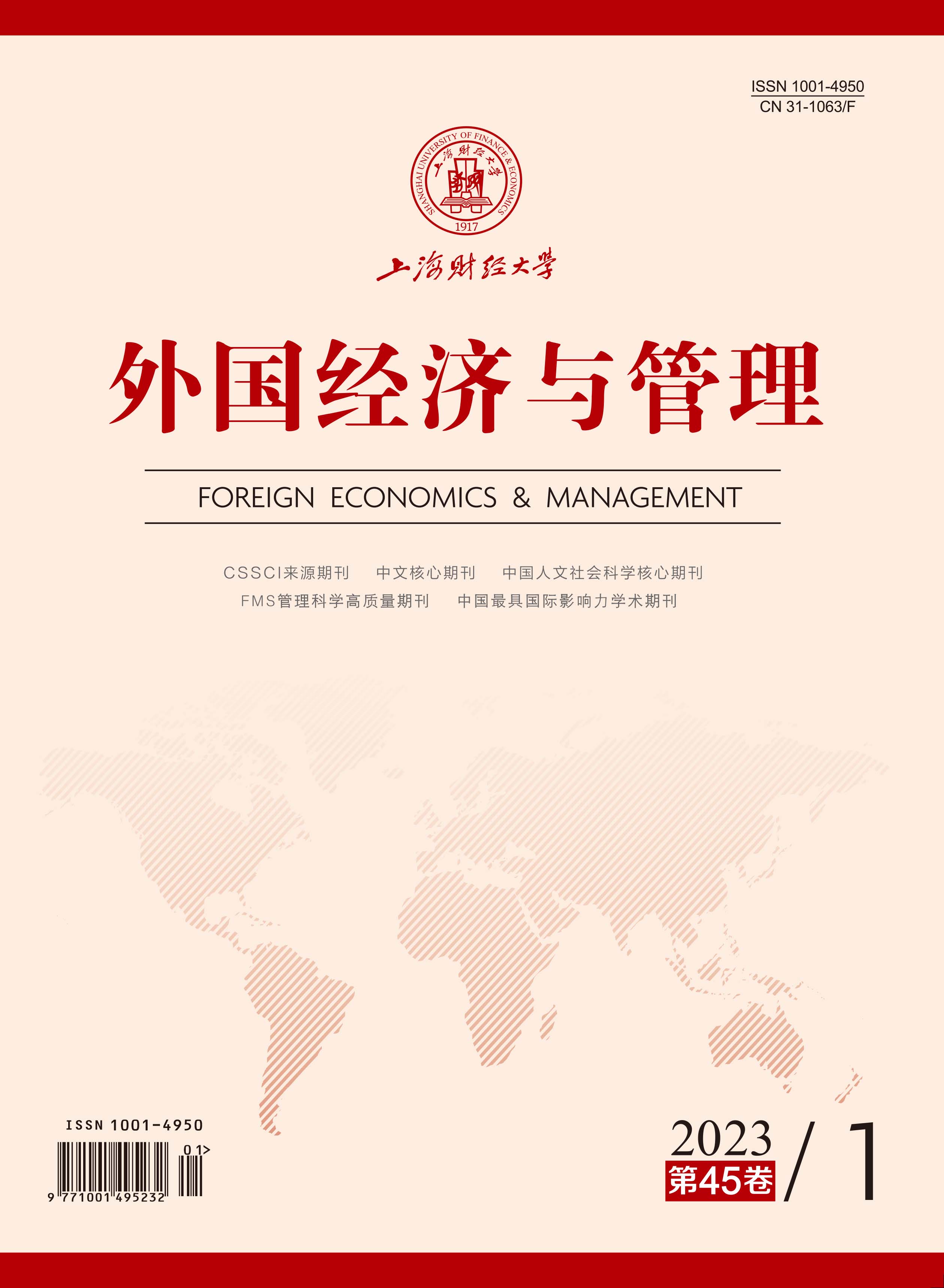This paper focuses on the psychological factors of academic entrepreneurs, and uses the csQCA method to analyze the combinatorial psychological factors and corresponding psychological goals that affect academic entrepreneurship form selection.
The findings are that: First, academic entrepreneurship form selection is affected by academic entrepreneurs’ multiple psychological factors including academic entrepreneurship motivation, entrepreneur identity, and academic entrepreneurship stress. Second, the eight configurations reveal that academic entrepreneurs with active, ideal, progressive and crescive psychological goals are more suitable for hard entrepreneurship, and those with reluctant, idle, traditional and survival psychological goals are more suitable for soft entrepreneurship. Third, active motivation and non-entrepreneur identity are necessary conditions for hard and soft entrepreneurship respectively.
The implications are that: For academic entrepreneurs, they need to evaluate their own psychological goals before selecting a suitable academic entrepreneurship form, so as to improve the success rate of academic entrepreneurship. For relevant organizations, it is necessary to fully understand the multiple psychological factors of academic entrepreneurs, and provide differentiated policies to promote the development of academic entrepreneurship based on the different demand orientation of hard or soft entrepreneurship.
The future directions are that: Analyze how academic entrepreneurship form selection dynamically changes with the development of academic entrepreneurship; try multiple other research methods to further test and enrich the research conclusion; further investigate the mechanism of external environmental factors; and take the academics of research institution as samples for further research.
The contributions are that: This paper puts forward the viewpoint of self-organization psychological factors in academic entrepreneurship form selection based on the theory of psychological goal dynamics, obtains eight configurations of academic entrepreneurship form selection by using the csQCA method, and finds the important psychological factor conditions that academic entrepreneurs are suitable for hard or soft entrepreneurship, as well as the substitution of conditions in different paths. This paper also provides a reference for academic entrepreneurs with different psychological goals to choose suitable academic entrepreneurship forms and for relevant organizations to formulate promotion policies.





 7783
7783  4710
4710

